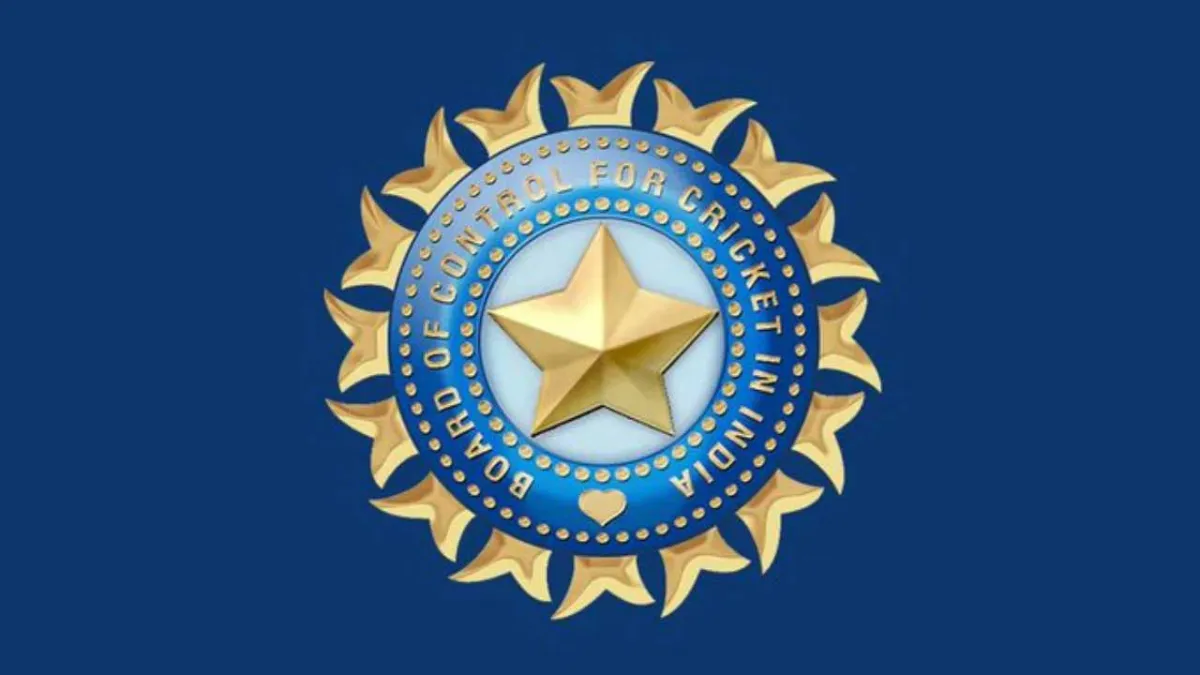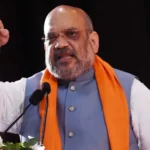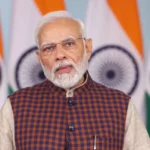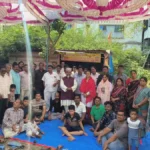Several top positions will be at stake in the Annual General Meeting (AGM) of the Board of Control for Cricket in India (BCCI) scheduled for the end of September, including the roles of Board President and Indian Premier League (IPL) Chairman.
Current IPL Chairman Arun Dhumal is highly likely to go on a mandatory three-year cooling-off period after completing his six-year tenure. Several names are being discussed as his potential successors.
For now, Devajit Saikia will remain in his position, having completed a total of three years as Joint Secretary (two years and three months) and Secretary (nine months). Joint Secretaries Rohan Gauns Desai and Prabhtej Bhatia will also retain their positions, as this is their first year as office-bearers.
Former Mumbai Cricket Association Secretary Sanjay Naik and current BCCI Vice President Rajiv Shukla are being discussed for the IPL Chairman role, though no final decision has been made yet.
If Congress leader Shukla becomes IPL Chairman again, Bihar Cricket Association President and BJP state leader Rakesh Tiwari could emerge as a contender for the BCCI Vice President position.
The AGM is expected to take place in the last week of September. Only a few positions will be contested, and this year’s elections will follow BCCI’s own rules. The National Sports Administration Act may take some time to be implemented, so the BCCI will not wait that long.
Roger Binny, who turned 70 in July, cannot be re-elected under the current constitution.
The most interesting election will be for the BCCI President, as stakeholders want a prominent Indian cricketer to replace Binny.
A senior BCCI official stated, “There is a perception among key stakeholders that a distinguished cricketer should always be elected as President. Sourav Ganguly was a respected Indian captain, and Roger Binny was India’s first World Cup-winning hero. However, how many distinguished cricketers will be interested in occupying this top position remains a big question.”
Shukla’s case is also interesting. His tenure as Vice President began in 2020, and under the Lodha Constitution, he still has one year left. But there is a catch. If the National Sports Administration Act is implemented before the next Annual General Meeting (AGM) in 2026, the Rajya Sabha MP will not need to take a mandatory cooling-off break.
Board of Control for Cricket in India (BCCI)
The Board of Control for Cricket in India (BCCI) is the national governing body for cricket in India, founded in December 1928. It is one of the wealthiest and most influential sports organizations in the world, responsible for organizing domestic tournaments and managing the Indian national cricket team.
Indian Premier League (IPL)
The Indian Premier League (IPL) is a professional Twenty20 cricket league, established in 2008 by the Board of Control for Cricket in India (BCCI). It revolutionized the sport by blending high-profile athletic competition with entertainment, featuring city-based franchise teams. The league’s history is marked by its immense commercial success and its role in popularizing the fast-paced T20 format globally.
Mumbai Cricket Association
The Mumbai Cricket Association (MCA) is the governing body for cricket in Mumbai and its surrounding regions, founded in 1930. It is historically significant for nurturing some of India’s greatest cricketers and for managing the iconic Wankhede Stadium, a venue for the 2011 Cricket World Cup final.
Bihar Cricket Association
The Bihar Cricket Association is the governing body for cricket in the Indian state of Bihar, responsible for organizing domestic tournaments and developing the sport in the region. Historically, the association’s activities were suspended by the BCCI from 2002 to 2018 due to internal disputes and administrative issues, significantly hindering the progress of local cricketers. Following its reinstatement, it has worked to re-establish a competitive cricket structure and infrastructure within the state.
National Sports Administration Act
The National Sports Administration Act is not a physical place or cultural site, but a piece of legislation. It is a law that establishes a government agency responsible for promoting and developing sports and physical education within a nation. Its history involves being enacted to create a structured, national framework for supporting athletic programs and healthy lifestyles for citizens.
Lodha Constitution
Lodha Constitution is a modern residential skyscraper complex in Mumbai, India, developed by Lodha Group. It was constructed in the early 21st century and is one of the tallest residential buildings in the country, representing the city’s rapid urban development and luxury real estate market.
Rajya Sabha
The Rajya Sabha is the upper house of India’s bicameral Parliament, established in 1952 following the adoption of the country’s constitution. It represents the states and union territories of India and is a permanent body that is not subject to dissolution, with its members serving six-year terms.
Annual General Meeting (AGM)
An Annual General Meeting (AGM) is not a physical place but a formal yearly gathering of an organization’s shareholders or members. Historically, it is a cornerstone of corporate governance, providing a platform for leadership to present annual performance and for stakeholders to vote on key company matters. This practice is a legal requirement for most registered companies and ensures accountability and transparency.






